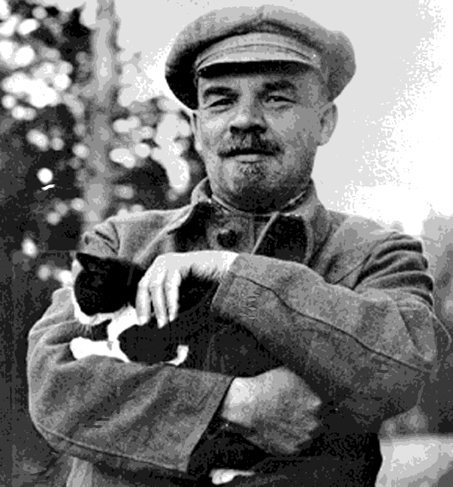- 06 Dec 2013 01:08
#14337710
When the Bolsheviks took power in Russia they instituted a political system designed to center power in the hands of people who were educated, informed, and, consequentially, communists. This made sense given that most of the country was poorly educated peasants, with a minority of (also poorly educated) workers. But the goal was that one day the people would be educated and informed (and communist) enough to play a greater hand in the leadership. Now, much of this went to pieces, as the regime became more repressive to keep down counter revolutionary groups (monarchists, zealously religious, etc.,) and much more so when Stalin took power and the precedent of supremely centralized power was instituted, and 40 years later it collapsed. OK.
So the point of discussion for this post is this: was there ever a point in the Soviet Union where the people were meeting the criteria well enough to begin to play a more broad role in things, and if not, why, and how long would it have taken to reach that point? Was any chance of this actually happening destroyed by Stalin, Lenin's death, the Bolsheviks rise, or was the very pretense of trying to create a communist people out of so conservative a one as inhabited Russia always doomed? I have my own opinion, I just wanted to see others. thanks.
So the point of discussion for this post is this: was there ever a point in the Soviet Union where the people were meeting the criteria well enough to begin to play a more broad role in things, and if not, why, and how long would it have taken to reach that point? Was any chance of this actually happening destroyed by Stalin, Lenin's death, the Bolsheviks rise, or was the very pretense of trying to create a communist people out of so conservative a one as inhabited Russia always doomed? I have my own opinion, I just wanted to see others. thanks.




















 - By Rancid
- By Rancid - By Pants-of-dog
- By Pants-of-dog - By Deutschmania
- By Deutschmania